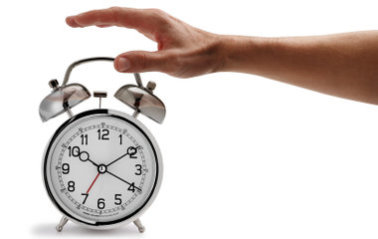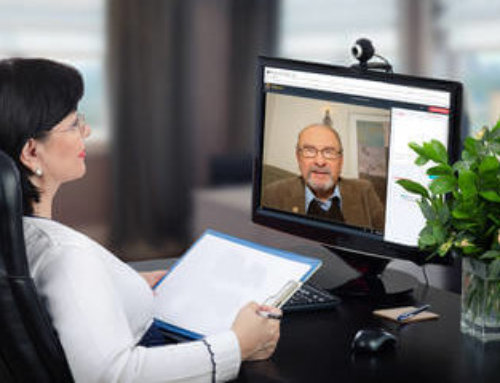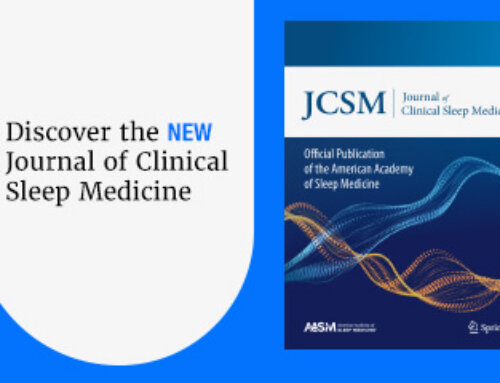DARIEN, IL – The American Academy of Sleep Medicine commends federal legislators for seeking to establish a national, fixed, year-round time by eliminating seasonal time changes in the spring and fall. However, the AASM urges Congress to hold a Congressional hearing to gather more information about the potential benefits of permanent standard time before establishing permanent daylight time.
On March 9, Sen. Marco Rubio of Florida and several Republican and Democratic colleagues announced that they have reintroduced in the U.S. Senate the Sunshine Protection Act, which Rubio previously introduced as Senate bill 670 in March 2019. Like House bill 69, introduced Jan. 4 by Rep. Vern Buchanan of Florida, the legislation would make daylight saving time permanent across the U.S., eliminating the biannual time changes in March and November.
An AASM daylight saving time position statement published in 2020 supports the elimination of seasonal time changes. However, the AASM also concluded that “current evidence best supports the adoption of year-round standard time, which aligns best with human circadian biology and provides distinct benefits for public health and safety.” The statement was endorsed by more than 20 medical, scientific, and civic organizations, including the American College of CHEST Physicians, American College of Occupational and Environmental Medicine, National PTA, National Safety Council, Society for Research on Biological Rhythms, and World Sleep Society.
“There is ample evidence of the negative, short-term consequences of the annual change to daylight saving time in the spring,” said AASM President Dr. Kannan Ramar. “Sleep and circadian science also suggests that permanent standard time would be the preferable option if Congress were to enact a law establishing a fixed, year-round time for the nation.”
A survey commissioned by the AASM in 2020 found that 63% of Americans say that they support the elimination of seasonal time changes. However, legislative efforts to address this concern at the state level have been conflicting. According to a Congressional Research Service report on daylight saving time, at least 40 states have introduced legislation proposing some variation of permanent daylight saving time, and at least 30 states have introduced legislation to establish permanent standard time.
Given the wide-reaching ramifications of this decision, and the lack of national consensus, the AASM urges Congress to organize a Congressional hearing to allow experts to present data, analysis, and research findings exploring all aspects of this issue prior to a vote on any proposed legislation. The hearing should include testimony from sleep and circadian scientists, who can provide evidence for the potential health and safety benefits of standard time. Such a hearing is essential for Congress to make an informed decision on this important issue that will affect all Americans.
To urge your legislator to support a Congressional hearing on daylight saving time, visit aasm.org/advocacy/take-action.
###
To request a copy of the statement, “Daylight saving time: An American Academy of Sleep Medicine position statement,” or to arrange an interview with an author or an AASM spokesperson, please contact the AASM at 630-737-9700 or media@aasm.org.
About the American Academy of Sleep Medicine
Established in 1975, the American Academy of Sleep Medicine (AASM) is advancing sleep care and enhancing sleep health to improve lives. The AASM has a combined membership of 11,000 accredited member sleep centers and individual members, including physicians, scientists and other health care professionals.





